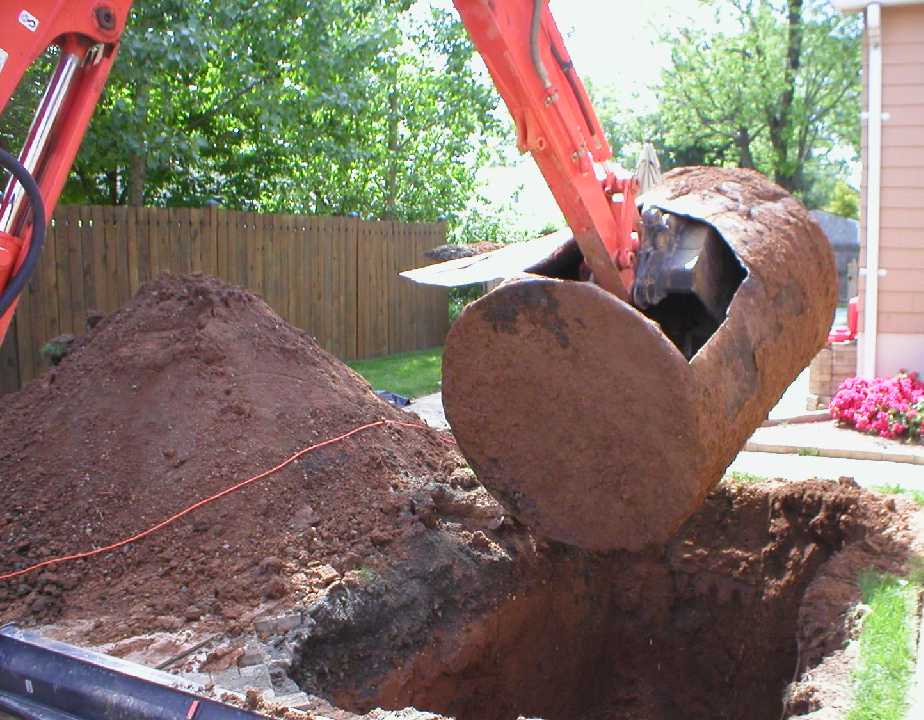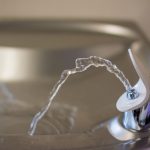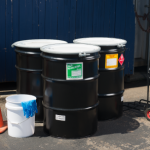
What’s the News?
On August 6, 2018, the New Jersey Department of Environmental Protection (NJDEP) adopted new rules governing the administrative and technical requirements for the remediation of a discharge of heating oil from Heating Oil Tank Systems (HOTS) (N.J.A.C. 7:26F). HOTS is defined as a residential above ground heating oil tank system, small non-residential above ground heating oil tank system (capacity of 2,000 gallons or less) and an unregulated heating oil tank system (underground storage tanks).
The majority of HOTS are associated with residential properties. To support the residential responsible parties, the NJDEP consolidated and has provided prescriptive requirements for ease of use and understanding. The work performed under this rule can be performed by a NJDEP Subsurface Evaluator or a Licensed Site Remediation Professional (LSRP). At the end of the process, the NJDEP will continue to issue a “no further action” (NFA) letter to the responsible party.
Main Changes
One of the main changes that the regulated community has been monitoring during the rule making has been the elimination of the requirement to test for Volatile Organic Compounds (VOCs) and Base Neutral Tentatively Identified Compounds (TICs) in ground water. The July 2017 proposed rules eliminated the requirement to test for TICs in ground water. However, the final rule was amended requiring the testing for TICs.
Key Highlights
- In certain circumstances, up to 15 cubic yards of soil that exceeds the NJDEP standards can remain below a residential structure under a HOTS deed notice;
- The number of base samples required from the final excavation of impacted soil from an unregulated tank release is based on the size of the underground storage tank (not the size of the excavation);
- If excavation extends to within two feet of ground water or bedrock, a ground water investigation is required;
- If ground water is not encountered to a depth of 35 feet into bedrock after 24 hours, no further ground water remediation is required;
- Confirmatory ground water sampling is not required if initial ground water results are below the NJDEP Ground Water Quality Standards (GWQS) upon completion of the remediation.
We Can Help
Whitman’s own Michael Russo, Senior Vice President of Operations, was an acting stakeholder of the NJDEP Site Remediation Program’s Stakeholder Process. He participated in the Heating Oil Tank System Rules and Guidance committee. The Stakeholder Process and various committees function to continue the growth and success of the LSRP Program and address general program issues, rules and guidance.
Please contact our Senior Vice President of Operations, Michael Russo, with any questions.
Contact
Michael Russo
Senior Vice President of Operations
![]() mrusso@whitmanco.com
mrusso@whitmanco.com
![]() (732) 390-5858
(732) 390-5858
Posted on September 5, 2018






